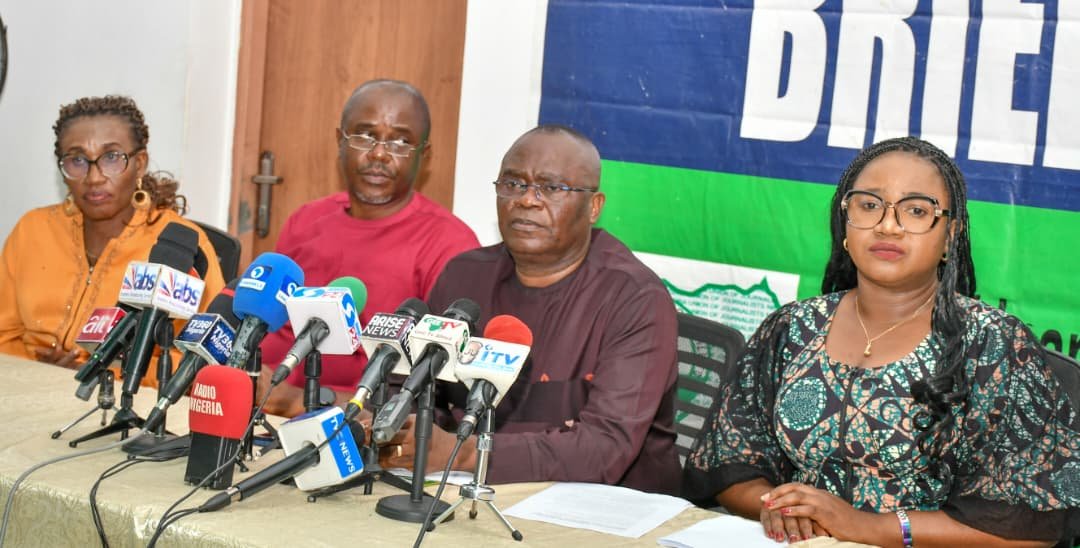The Nigerian Railway Corporation (NRC) says it is embarking on a far-reaching reform to reposition the nation’s rail transport system, expand freight operations, and restore public confidence in its services.
Managing Director of the NRC, Dr. Kayode Opeifa, disclosed this on Sunday at a world press briefing in Abuja.
Opeifa said the mandate of the NRC remains clear, disclosing that the corporation in the last seven months has been repositioning the 127-year-old institution through reforms and initiatives aligned with the Tinubu administration’s Renewed Hope Agenda on transportation.
He said the NRC has commenced a review of operations across its four major passenger service routes, the Abuja-Kaduna train service, the Lagos-Ibadan train service, the Warri-Itakpe train service, and the recently launched Port Harcourt-Aba train service.
Also, the NRC chief executive stated that the corporation is working towards the full reactivation of the Lagos-Kano-Baro narrow gauge line, which has served as the backbone of Nigeria’s freight and agricultural product movement.
The project, Opeifa claimed, will ease pressure on road transport, reduce the cost of goods, and improve national productivity.
Through what it has branded the ‘freight revolution by rail’, the NRC boss added that the corporation intends to exploit both the narrow and standard gauge to access the Lagos port complex to deepen trade between the northern and southern parts of the country.
He explained that the corporation is also refurbishing abandoned locomotives, engines, and coaches for redeployment.
Opeifa urged state governments to take advantage of underutilised national rail lines to develop mass transit schemes.
He cited the Lagos State Red Line, Plateau State’s Railing on the Plateau project, and Niger State’s ongoing agricultural transport initiative as examples of states already keying into the federal rail track system.
Another key plank of the reform, Opeifa announced, is the track access programme, a policy that allows licensed operators to run passenger or freight services on NRC-owned infrastructure.
Read also:
- NRC boss apologizes to assaulted journalist, names her media advocacy ambassador
- NRC confirms Abuja-Kaduna train incident, assures passengers of safety, swift service restoration
- NRC suspends Warri-Itakpe train service over technical challenges
According to him, the Lagos Metropolitan Area Transport Authority (LAMATA) and CCECC Nigeria Limited are already utilising the scheme.
“This is about opening the sector to more public participation,” he explained. “The NRC cannot do everything alone. Through TAP, we are deepening private sector involvement to run efficient mass transit and freight systems.”
The NRC boss admitted that safety concerns remain a pressing issue, especially after recent derailments and security threats on the Abuja-Kaduna route.
He said the corporation has now commenced a track restoration, recovery, and safety audit exercise.
He also disclosed that the NRC is collaborating with the Railway Heritage Infrastructure Fund (RHIF) to complete all ongoing rail projects nationwide.
In the short term, Opeifa promised that the agency would deepen reforms towards revitalisation, safety reinforcements, and service reliability.






